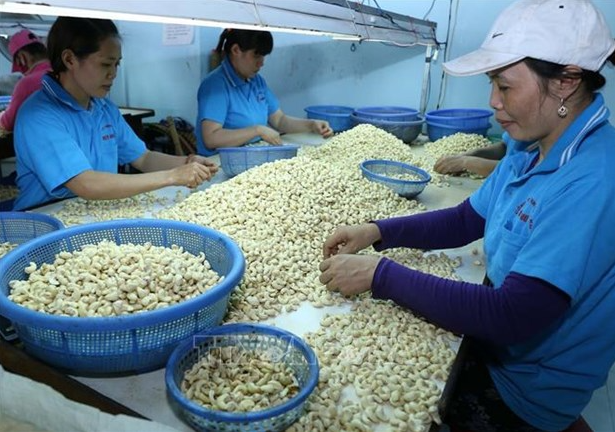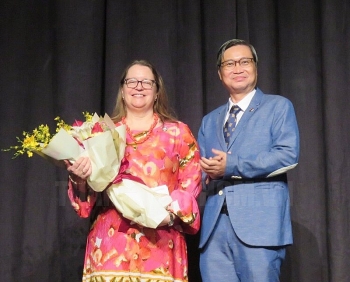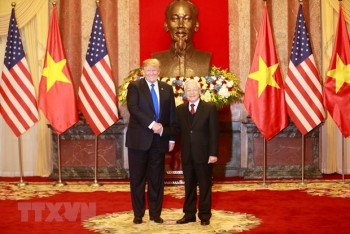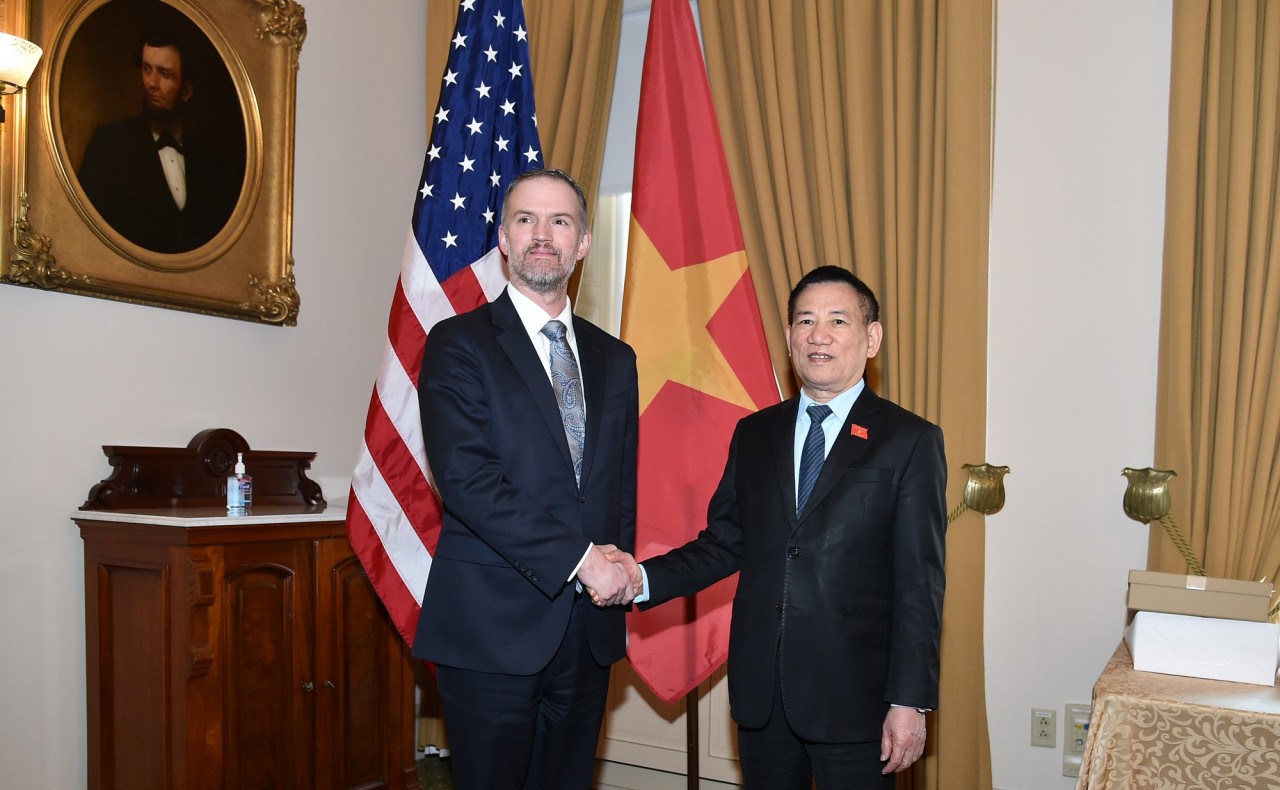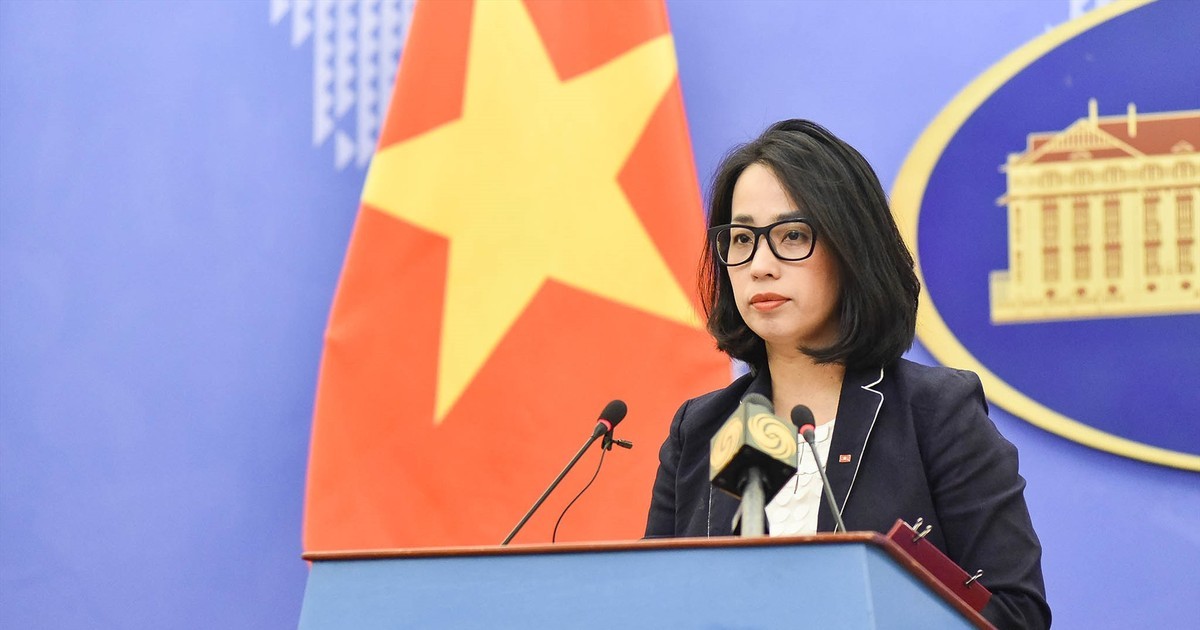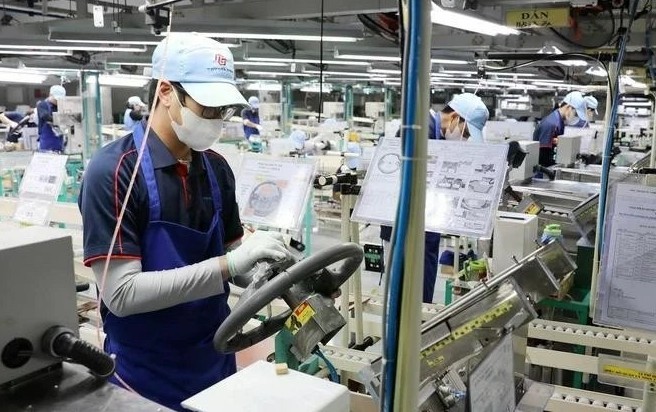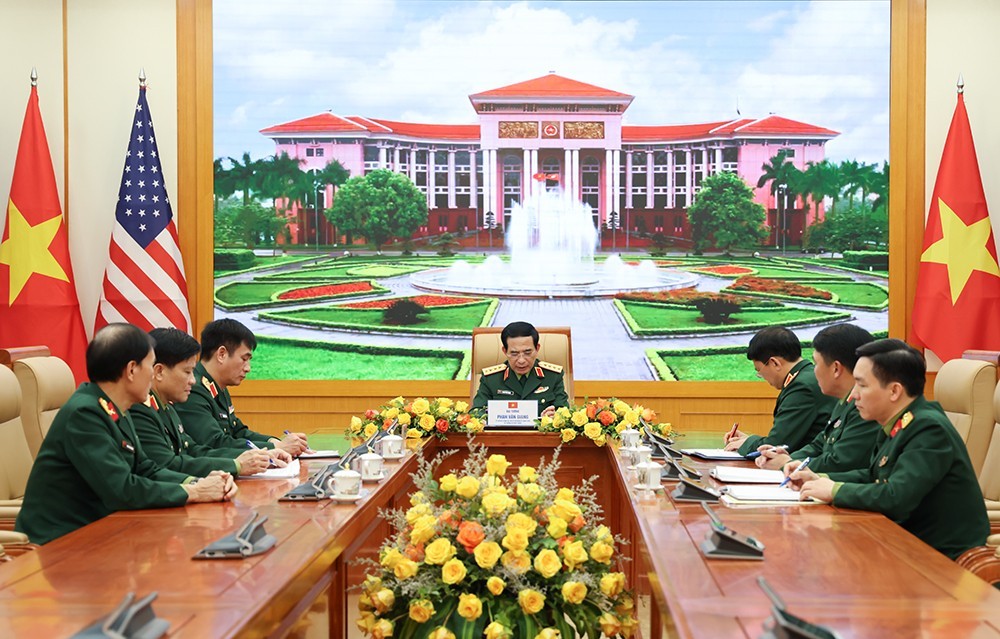PM: Vietnam does not devaluate currency, urging US to take objective view
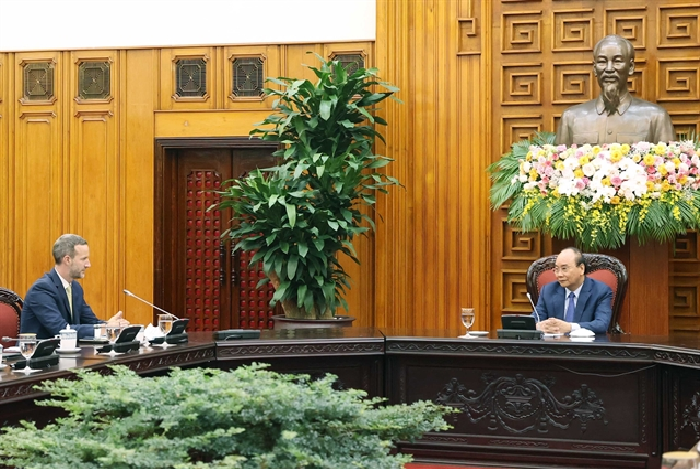 |
| Prime Minister Nguyen Xuan Phuc hosted a reception in Hanoi on October 26 for the CEO of the US International Development Finance Corporation (DFC), Adam Boehler, and representatives from the US Department of Treasury (USDT), Department of Commerce, and the US Export-Import Bank (US EximBank). Photo: VNA |
Prime Minister Nguyen Xuan Phuc affirmed that Vietnam does not devalue its currency to generate an unfair trade advantage, during his reception for CEO of the US International Development Finance Corporation Adam Boehler on October 26.
The high-level delegation visit – including representatives from the US Department of Treasury (USDT), Department of Commerce, and the US Export-Import Bank (US EximBank) – takes place as the US Government earlier launched a currency manipulation investigation against Vietnam which it deemed causing harms to US commerce given the large trade surplus with the US, an allegation Vietnam has strongly disputed.
The Vietnamese Government leader stressed that it is not the purpose of Vietnam’s currency policies to create a competitive advantage for exports in international trade or support specific industries, in addition to the fact that currency devaluation could undermine its macroeconomic stability, people’s trust and investors’ confidence, resulting in “great harm to the economy.”
PM Phuc affirmed that Vietnam aims to maintain financial stability, prevent shocks and limit impacts from external factors through flexible management of currency tools, the Viet Nam News reported.
The State Bank of Vietnam manages the exchange rate policy within the framework of a general monetary policy in order to achieve the overarching goal of maintaining macroeconomic stability.
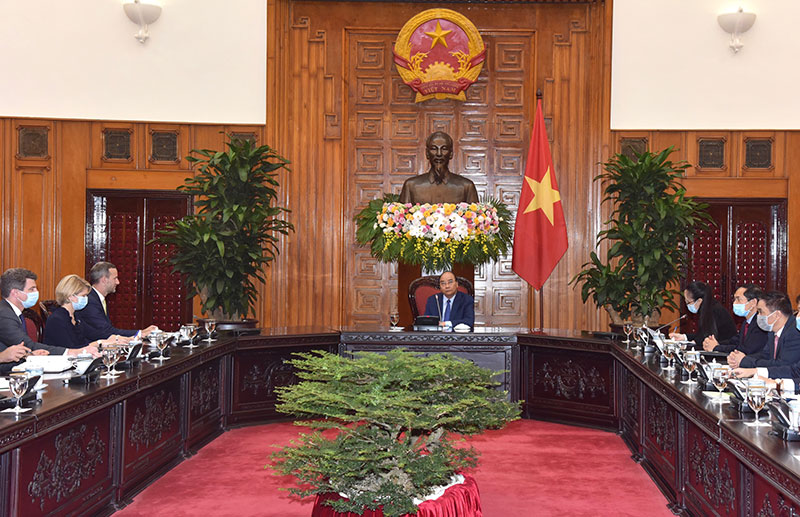 |
| Prime Minister Nguyen Xuan Phuc hosted a reception in Hanoi on October 26 for the CEO of the US International Development Finance Corporation (DFC), Adam Boehler, and representatives from the US Department of Treasury (USDT), Department of Commerce, and the US Export-Import Bank (US EximBank). Photo: Nhan Dan |
PM Phuc asked the Director General of DFC to “have talks” with the President of the United States Donald Trump, the US Trade Representative (USTR) and other US agencies to assist Vietnam in implementing the Action Plan towards balanced trade that was agreed by the two sides at the end of 2019 and have a more “objective assessment of the real situation in Vietnam” to serve the end goal of appropriate bilateral cooperation, mutual benefit, mutual development in line with the US commitments to a strong, independent and prosperous Vietnam, and the US-Vietnam Comprehensive Partnership.
Despite the impacts of the COVID-19 pandemic, the two countries’ relations in recent times continued to flourish, with the highest level leaders maintaining meaningful exchanges via letters and telephone conversations as well as delegation exchanges, PM Phuc said.
He noted that the Vietnamese Government always supports and accompanies the business communities of the two countries in orientating, connecting, and improving investment efficiency.
Ministries, sectors, and localities in Vietnam create the most favourable conditions possible for US businesses to invest and do business in the country, he added, asking that the DFC soon invest in major projects, such as the North-South Expressway and Long Thanh International Airport, the Vietnamese Government leader remarked.
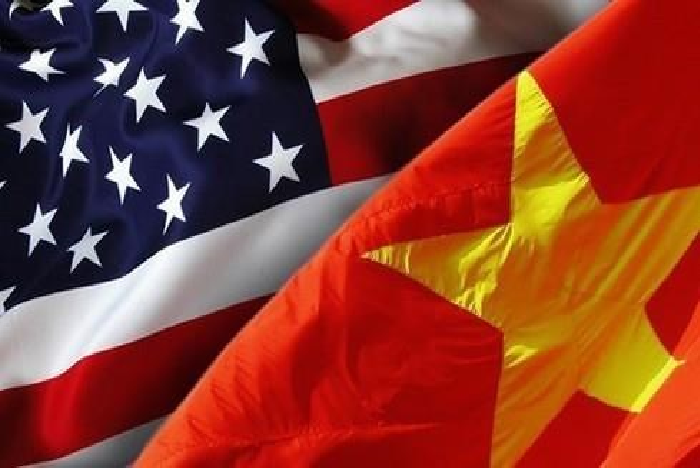 |
| Despite the impacts of the COVID-19 pandemic, the Vietnam-US relations continue to flourish. Photo: Internet |
The PM emphasised that Vietnam attaches great importance to and highly values the US’ active participation in the US-Mekong Partnership.
The DFC’s investment expansion into the Mekong region will be the foundation for building a dynamic, resilient, and sustainable Mekong region and a strong ASEAN, he noted.
Vietnam and the US are co-chairs of the US-Mekong Partnership in 2020, so it is necessary to organise a summit shortly, he said.
He suggested that the DFC and relevant Vietnamese agencies identify investment opportunities in potential infrastructure and energy projects and those with high technology content in Viet Nam and the Mekong region.
For his part, Adam Boehler said he is glad to visit Vietnam and conveyed the greetings from US President Donald Trump to PM Phuc.
This overseas visit comprises an unprecedented number of representatives from many sectors and industries, Boehler noted.
Boehler emphasised US-Vietnam close cooperation partnership and reaffirmed US’ commitment to Vietnam, a country holding an important role in ASEAN, and the US’ support for Vietnam’s position on the South China Sea (known in Vietnam as the East Sea) issue.
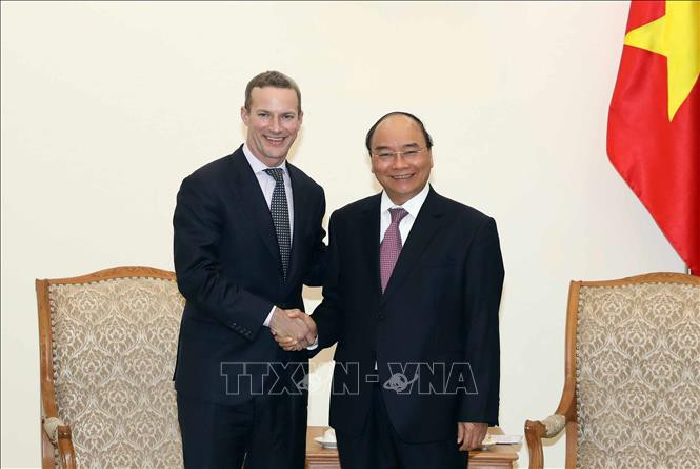 |
| Prime Minister Nguyen Xuan Phuc receives CEO of the US International Development Finance Corporation Adam Boehler in Hanoi on January 8, 2020. Photo: VNA |
Boehler revealed that the DFC will increase its investment in Vietnam in the future, saying that the US EximBank also wants to further strengthen cooperation with the country.
He noted that the two countries have made positive progress in energy cooperation through ongoing projects, adding that the DFC is also looking for investment opportunities in Vietnam’s infrastructure.
At the reception, Kimberly A. Reed, Chairman of US EximBank, expressed the wish to boost US exports to Vietnam and hoped for stronger cooperation between the two countries.
The US Congress has approved a new tool for the bank to promote cooperation with other countries, including Vietnam, she said, noting that the bank can provide financial support in terms of renewable energy, transportation, aviation, health, agriculture, and 5G technology.
Meanwhile, the USDT representative hoped that the two countries would expand cooperation in private economic areas, and ties with the State Bank of Vietnam. The Department of Commerce said the two sides can promote partnership in aviation, healthcare services, and infrastructure development./.
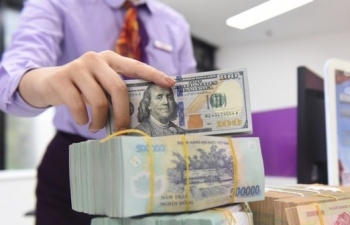 | Vietnamese currency predicted to weaken this year Fitch Solutions experts believe the Vietnamese currency (Vietnam dong-VND) to gradually depreciate against the US dollar over the long term due to its overvaluation and Vietnam's higher ... |
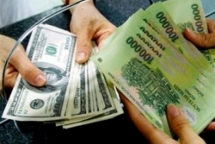 | Vietnamese currency is expected to stabilize According to the management fund Vinacapital, Vietnamese dong is depreciated at a lower rate than regional peers and expected to stabilise. |
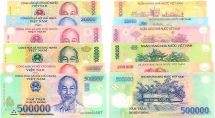 | Visa, Custom and Currency in Vietnam For non-residents, this is an essential overview of current visa procedure, custom and currency in Vietnam. |
| Two-way trade between Vietnam and the US has increased more than 170-fold since 1995. US exports to Vietnam are growing at the fastest rate of all its Southeast Asian partners. Many US businesses are investing and doing business in Vietnam, with the US among the 10 largest investment partners in the Southeast Asian country. |
Recommended
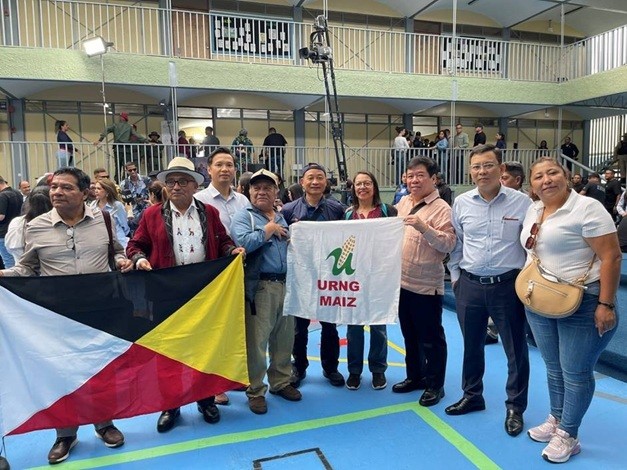 Focus
Focus
Strengthen Solidarity and Friendship Between Vietnam and Venezuela
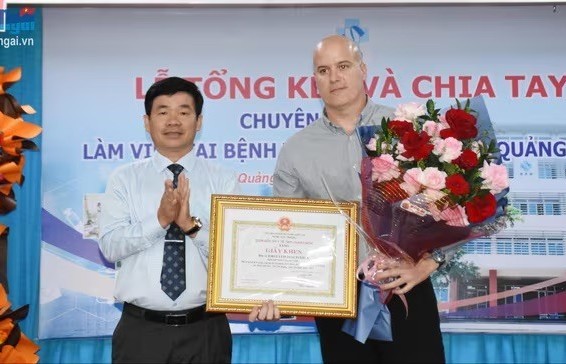 Friendship
Friendship
Quang Ngai Recognizes Cuban Health Experts' Contributions to Mother and Child Care
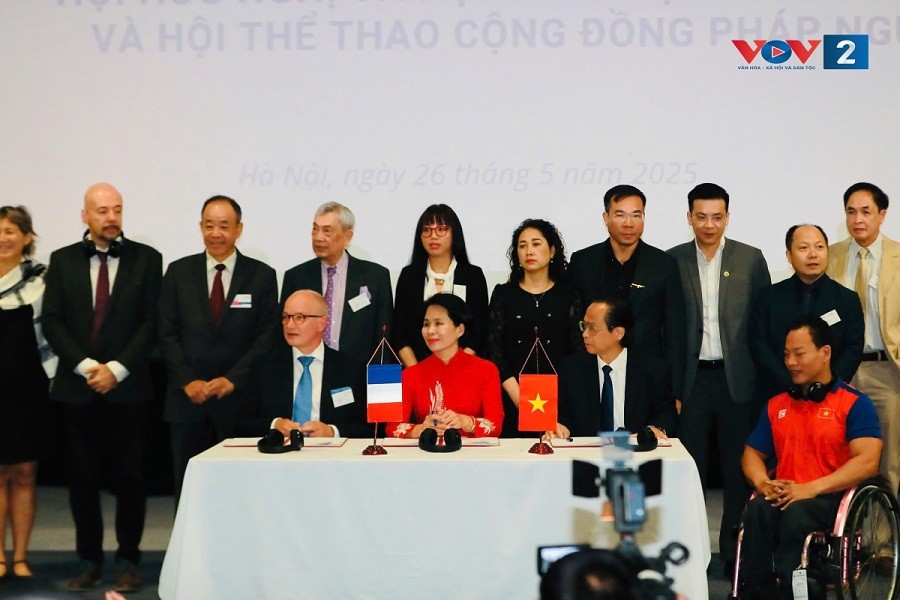 Friendship
Friendship
Vietnam, France Promote High-performance Sports
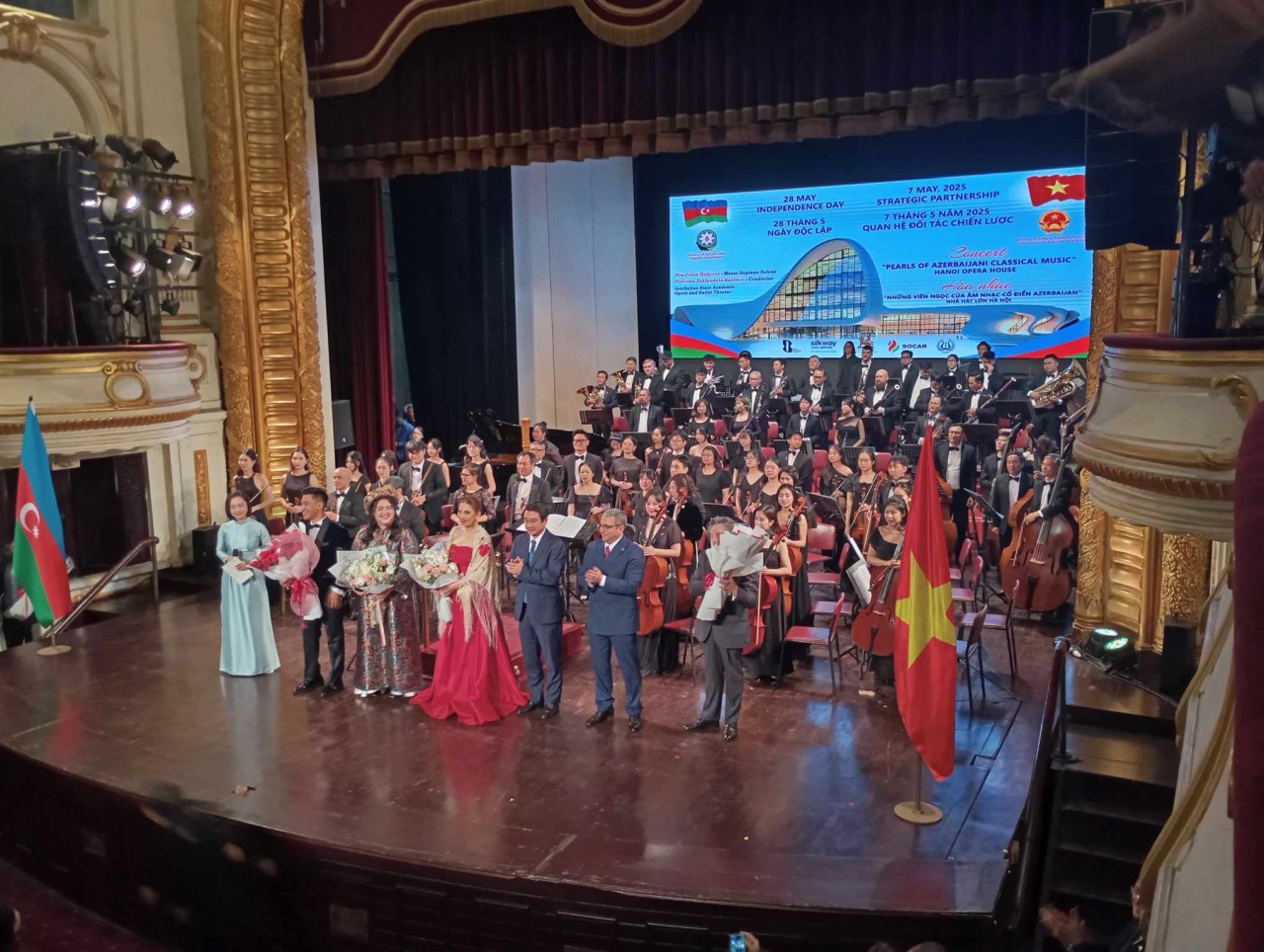 Friendship
Friendship
Concert In Hanoi Highlights Vietnam - Azerbaijan Ties
Popular article
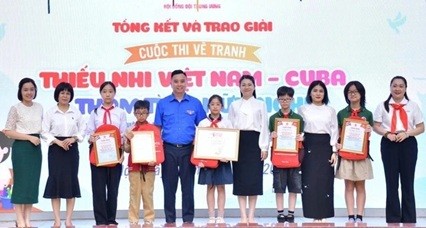 Focus
Focus
"Vietnamese - Cuban Children, Deep Friendship" Painting Contest Announces Winners
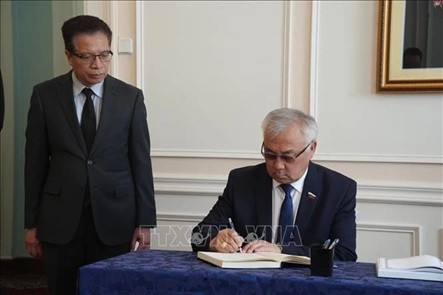 Friendship
Friendship
Int'l Friends Pay Final Respects to Former President Tran Duc Luong
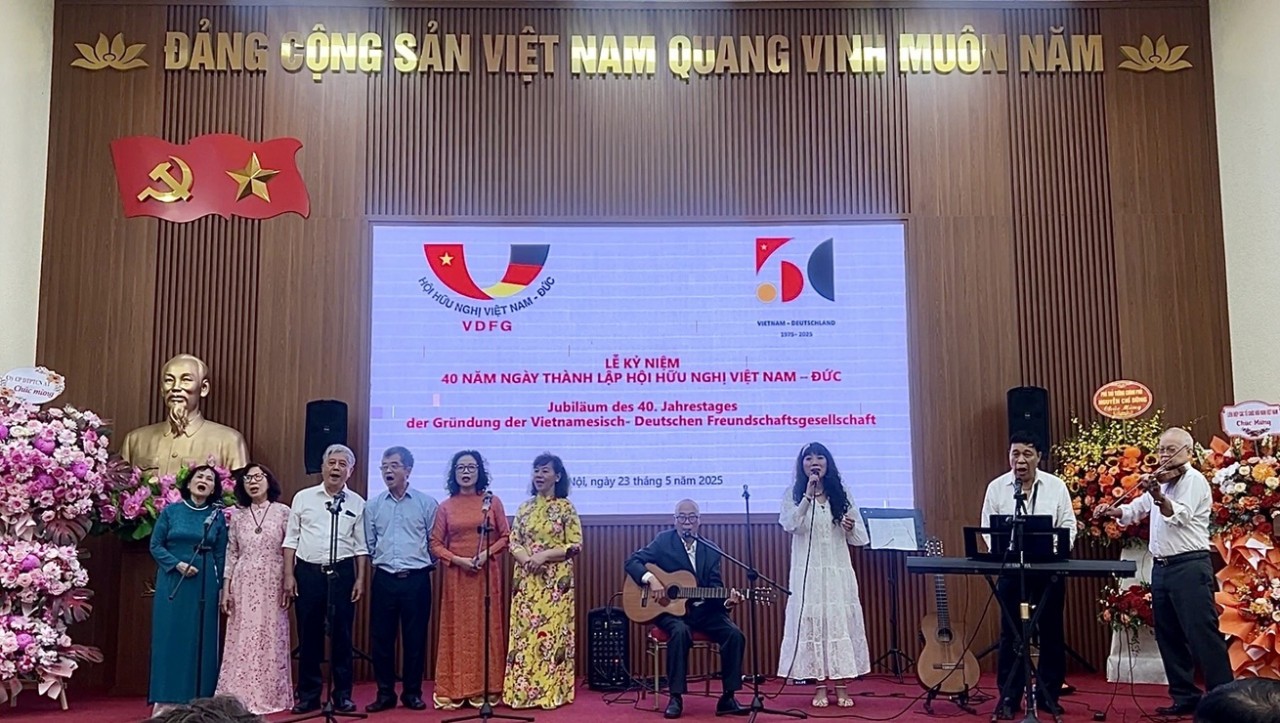 Focus
Focus
Solid Bridge for People-to-people Relations between Vietnam and Germany
 Friendship
Friendship

